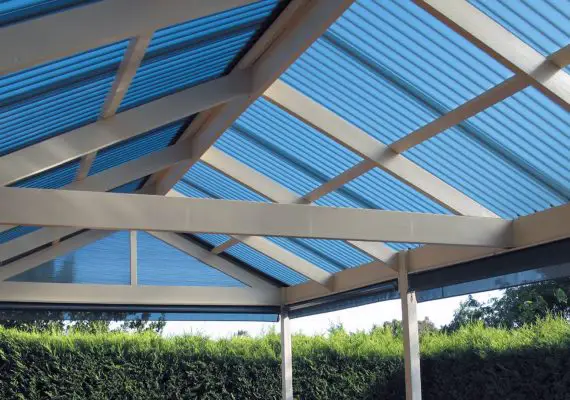Are Roof Tiles Cheaper Than Colorbond?
Are Roof Tiles Cheaper Than Colorbond?
Roof tile materials are usually nearly less expensive than Colorbond technology. Working with roofing tiles might be easier and more cost-effective for smaller jobs.
If you’re wondering which alternative would be more cost-effective, tiles will be less expensive initially but will demand more spending in the future for repairs and upkeep.
Colorbond will be more economical in the long run if you prioritize long-term cost-effectiveness. Initially, the roof design, structure, and project scope will affect roof installation costs the most.
Roof material prices might vary greatly due to a variety of customization considerations. Metal roofing, for example, can be more expensive than tiles in general, but it may wind up being the more inexpensive option for a wide part of the roof.
A metal roof is also lighter than a tile roof, which means it won’t require as many supporting beams, lowering installation costs. Furthermore, Colorbond tiles are often faster to install than concrete or terracotta tiles, which saves money on labor expenditures.
Are Roof Tiles Cement Or Concrete?
Two roof tiles are commonly used: cement and concrete tiles. Cement tiles are made from sand, cement, water, and iron oxide (pigment). This mixture is then molded and heated to create the tile.
Concrete tiles are made from sand, cement, water, and aggregate (usually gravel). This mixture is then molded and heated to create the tile. Cement tiles are more durable than concrete tiles but are also more expensive.
Concrete tiles are less durable than cement tiles but less expensive. When choosing roof tiles, it is important to consider the climate and the amount of traffic the roof will experience.
Are Roof Tiles Cheaper Than Slates?
Yes, tile roofs are usually less expensive than roofing slates. There are several reasons why roof tiles tend to be cheaper than slates. First, roof tiles are mass-produced, while slate is a natural material that must be mined.
Second, roof tiles are usually made from clay or concrete, relatively inexpensive materials. Third, roof tiles can be produced in a wide range of shapes and sizes, which makes them easier to install than slate.
Finally, roof tiles typically have a longer lifespan than slate, which means they need to be replaced less often.
Are Roof Tiles Easy To Remove?
Yes, roof tiles are relatively easy to remove when they need to be replaced. Generally, roof tile materials can be easily broken off the supporting structure or removed by hand.
This makes them easier to replace than slate, which often has a more rigid structure that must be cut and removed with tools. Contact a professional roofing service, allow them to assess your roof, and they will go to work repairing the essential roof tiles.
Are Roof Tiles Fire-Resistant?
Roof tiles are generally fire-resistant, although the level of resistance may vary depending on the type of tile. For example, metal roofing is the lightest fire-resistant roofing product available and easily achieves a Class A fire rating.
Other types of tiles, such as clay or concrete, may also have good fire resistance, but they may be heavier and more difficult to install. Metal tiles can be cut with a diamond tile saw, and the pieces can be installed quickly.
Clay tiles, on the other hand, are not as easy to install as metal tiles. Concrete tiles are heavier than clay tiles and have a more rigid structure that is harder to work with.
Are Roof Tiles Fireproof?
There are a variety of roofing tiles on the market, and each type has its fire resistance rating. However, most roof tiles are at least somewhat fire-resistant. This is because most roof tiles are made of concrete, which is a naturally fire-resistant material.
Of course, the level of fire resistance will vary depending on the type of tile and the manufacturer. Some tiles may be more fire-resistant than others.
However, most roof tiles will have a fire-resistance rating of at least Grade A or Grade B. This means they will be relatively safe for your home or property if there is a fire.

